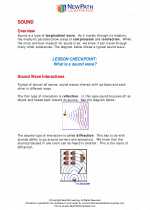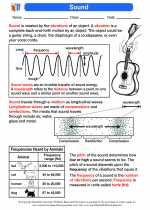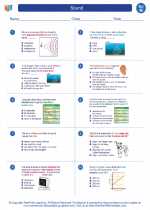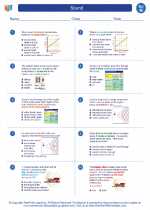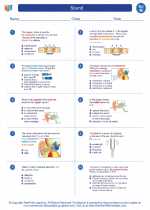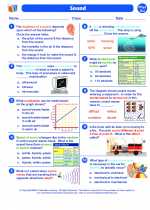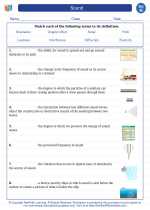Center in Science
Definition
In science, the term "center" refers to the middle point or core of an object or system. It is the point around which other parts or elements are organized or from which they radiate. The concept of center is fundamental in various scientific disciplines, including physics, biology, and chemistry.
Examples
Examples of centers in science include:
- The center of mass of an object in physics
- The Earth's core in geology
- The center of a cell in biology
- The center of a chemical reaction in chemistry
Study Guide
Key Concepts
When studying the concept of "center" in science, it is important to understand the following key concepts:
- Center of Mass: This is the point in an object or system where its mass is concentrated. Understanding the center of mass is crucial in analyzing the motion and stability of objects.
- Geocentric and Heliocentric Models: These are models of the solar system that place either the Earth or the Sun at the center. Understanding these models helps in comprehending the historical development of astronomical theories.
- Cell Nucleus: The nucleus is often considered the center of a cell, as it contains the genetic material and controls the cell's activities. Understanding the functions of the cell nucleus is essential in cell biology.
- Reaction Centers: In chemistry, reaction centers are the sites where chemical reactions occur. Understanding the concept of reaction centers is important in studying various chemical processes.
Study Tips
When studying the concept of "center" in science, consider the following tips:
- Visualize: Use visual aids such as diagrams, models, and animations to visualize the concept of "center" in different scientific contexts.
- Make Connections: Relate the concept of "center" to real-world examples and practical applications in science to better understand its significance.
- Practice Problems: Solve problems and questions related to the center of mass, geocentric and heliocentric models, cell nucleus, and reaction centers to reinforce your understanding.
- Review Historical Perspectives: Explore the historical development of scientific theories related to the center, such as the shift from geocentric to heliocentric models, to appreciate the evolution of scientific knowledge.
Further Exploration
For further exploration of the concept of "center" in science, consider the following activities:
- Research Projects: Conduct research on specific topics related to the center, such as the discovery of the Earth's core or the role of reaction centers in photosynthesis.
- Experiments: Design and conduct experiments to explore the concept of center of mass or investigate the functions of the cell nucleus in a laboratory setting.
- Field Trips: Visit science museums, observatories, or research institutions to learn about the latest developments in understanding centers in different scientific disciplines.
- Collaborative Discussions: Engage in discussions with peers or experts in the field to gain diverse perspectives on the concept of "center" and its implications in science.
